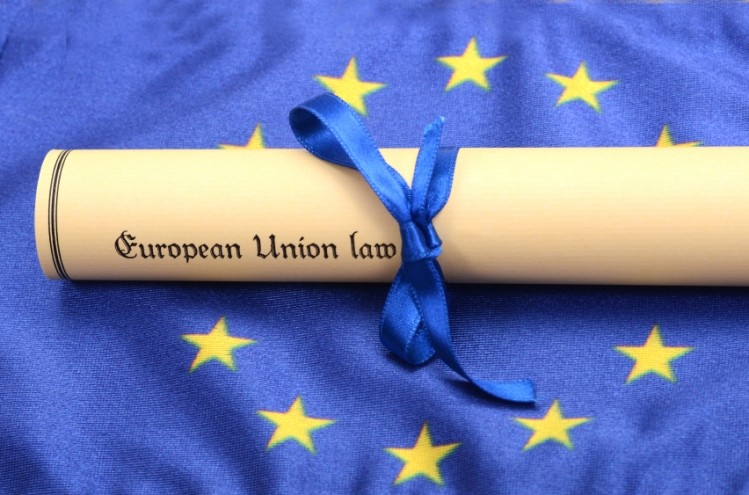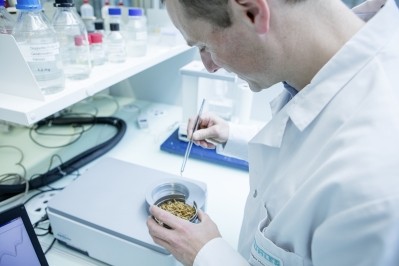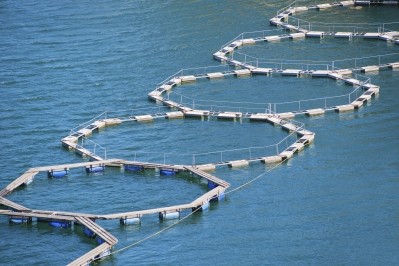Momentum still there, says insect feed producers on EU policymaker regulatory action

“There has been a slight delay in terms of DG Santé getting the draft revision of the slaughterhouse rule published. We don’t know what the exact timing on that is currently. However, the momentum to accelerate legislative change at Brussels level is still there. The Commission’s working group on TSE regulation will discuss the issue in a few weeks,” said Tarique Arsiwalla, VP of the International Platform of Insects for Food and Feed (IPIFF), a consortium of insect companies from the Netherlands, France, and Germany, among others.
Arsiwalla is also co-founder of Dutch insect protein producers, Protix, and he said a delegation from DG Santé is scheduled to visit the company at the end of next week.
He said that move is another indicator of how much of a priority insect feed regulation is for European policymakers still. “They want to see insect protein production up close,” said Arsiwalla.
FeedNavigator is running a free webinar on Thursday 6 October on alternative proteins for aqua and livestock feed. Join us as we hear from our expert panel on the pros and cons of single cell proteins, insect and algae meal as potential alternatives to fishmeal and soymeal. You can register for the live event here.
Legislative loophole
Insect protein, together with other non-ruminant proteins such as poultry derived sources, seemed to have been given the green light for use in aquaculture in the EU in June 2013.
However, the condition for using non-ruminant proteins for feeding non-ruminant farmed animals, as per Annex IV to Regulation (EC) No 999/2001, is the killing of the animals in an official registered slaughterhouse. For insects it is technically difficult to comply with this condition, thus preventing their use in fish farming.
Arsiwalla said the IPIFF took the opportunity at its general assembly meeting held on Tuesday this week, to reiterate the importance of getting the much needed regulatory changes implemented quicker rather than later so as not to hamper the growth of the EU insect producing sector.
And he said the opinion of the European Food Safety Authority (EFSA) last October concluded there was no major safety indications for insects reared on 100% vegetable substrates, thus paving the way for removal of the remaining legislative hurdles in the EU on insect meal use in fish feed.







